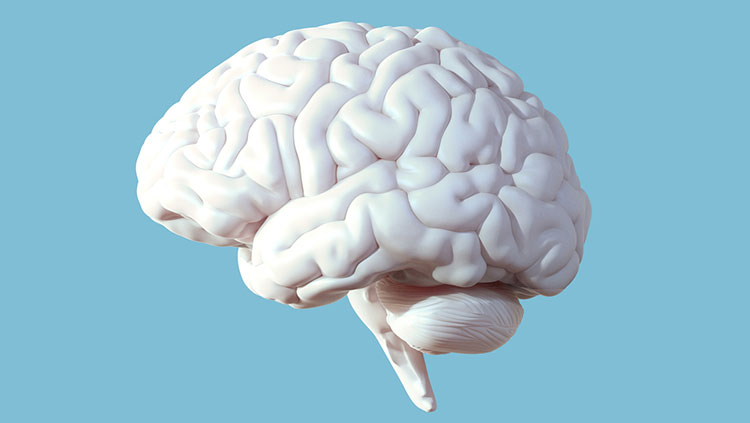Chinese Scientists Successfully Revive Human Brain Organoid

In a groundbreaking study, scientists from Fudan University in Shanghai, China, have successfully revived a human brain organoid. This significant achievement could potentially revolutionize the way neurological conditions are studied and treated.
The team, led by Dr. Zhicheng Shao, developed a solution that can keep brain tissue alive while frozen. This technique involves freezing and thawing human brain tissue, after which it regained normal function.
The researchers used human embryonic stem cells to grow self-organizing brain samples, known as organoids. These organoids were then placed in different chemical compounds, including sugars and antifreeze, which they suspected might help keep the brain cells alive while frozen.
After storing these organoids in liquid nitrogen for at least 24 hours, the team thawed them and monitored their growth and cell death over the following two weeks. The combination that led to the least cell death and most growth was a blend of chemical compounds called methylcellulose, ethylene glycol, DMSO, and Y27632, which the scientists named "MEDY".
The researchers found that the thawed organoids’ appearance, growth, and function were highly similar to those of organoids of the same age that had never been frozen. Even organoids that had been frozen in MEDY for 18 months showed similar results. The team also tested MEDY on 3-millimeter cubes of brain tissue from a 9-month-old girl with epilepsy. They found that these cubes continued to remain active for at least two weeks after being thawed.
This breakthrough could have far-reaching implications for the study of neurological conditions. Fresh, viable human brain tissue with natural pathological features is a more reliable model to study neural diseases than organoids. However, with limited accessibility and manipulability, cryopreservation and reconstruction of living brain tissue with specific pathological features remain hugely challenging.
The development of reliable cryopreservation technology for fresh viable human brain tissue and for brain organoids could be used to study the pathological mechanisms of brain disease, organoid transplantation for brain injury, and/or drug discovery.
The successful revival of a human brain organoid by Chinese scientists marks a significant step forward in the field of neuroscience. This breakthrough could pave the way for improved ways of studying neurological conditions, potentially leading to more effective treatments in the future.





